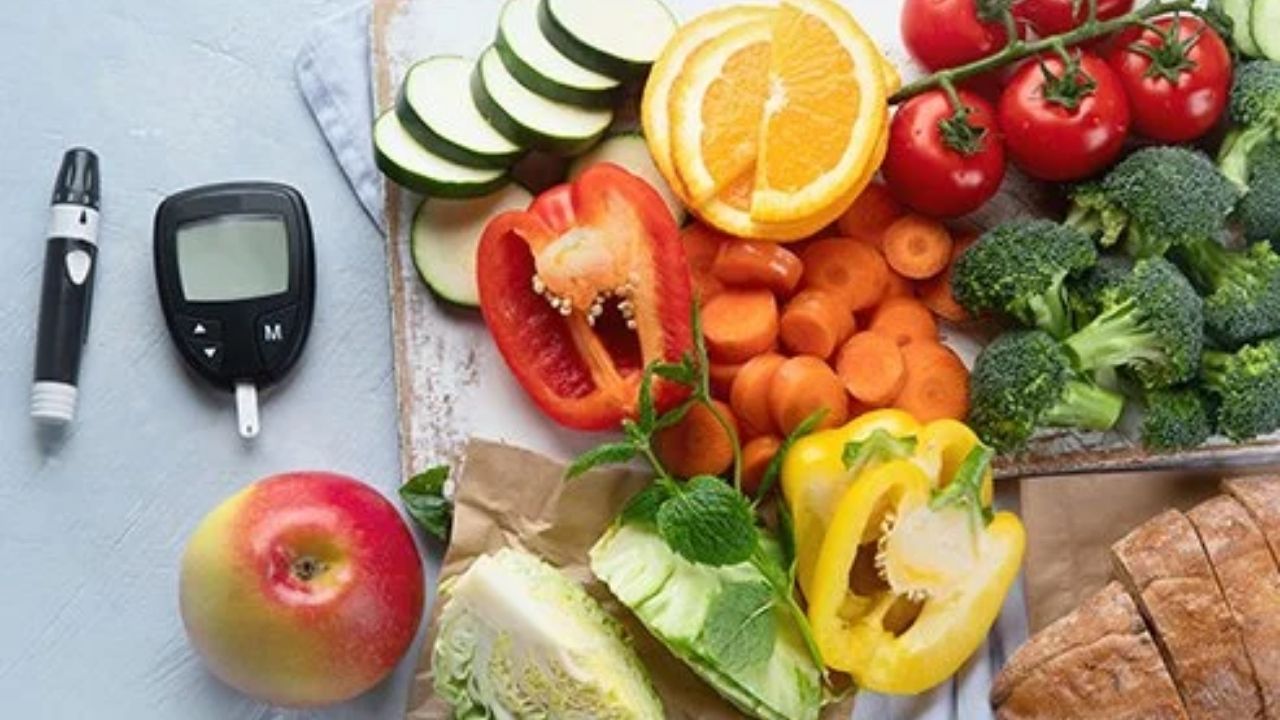A Glycemic index is a tool that assesses foods for blood sugar management. Different factors that determine the glycemic index of foods depend on nutrient composition, cooking method, ripeness and the amount of processing food has undergone. The Glycemic index gives you an idea of how fast your body converts carbs in a food into glucose. This way people get to know more about the food that they eat. This helps them to manage their cholesterol, blood sugar, and weight. The lower the glycemic index, the better it is for the body’s blood sugar (impacts less to blood sugar).
1. 55 and below – Low GI
2. 55-69 – Medium GI
3. 69 and above – High GI
Factors influencing glycemic index
Preparation – It is lowered by fiber and acid
Ripeness – Glycemic index increases as fruits get ripened.
In case one wants to have food with a high GI, then they can eat that with low GI food, this will balance the overall GI of the meal.
Benefits of the low GI diet
Blood sugar control – Lower GI diet can aid in blood sugar management in people suffering from type 2 diabetes.
Cholesterol management – Taking a lower GI diet can reduce LDL (bad) and total cholesterol, thereby preventing the risk of heart diseases.
Weight loss – This can improve short-term weight loss.
Low GI foods – Good to eat
1. Non-starchy vegetables - broccoli, cauliflower, carrots, spinach, tomatoes
2. Whole grains - quinoa, barley, oats
3. Legumes - black beans, lentils, chickpeas, and rajma
High GI foods – Best to avoid
1. Bread – white bread, naan
2. White rice
3. Cereals such as instant oats, breakfast cereals
4. Pasta of refines floor and noodles
5. Starchy vegetables - potatoes, chips, French fries
6. Baked products - pizza, donuts, cake, cookies
7. Snacks - chocolates, microwave popcorn, chips
8. Carbonated aerated drinks like Coke, Pepsi, soda, and sugar-sweetened beverages like flavored juice, tetra packs.
No to very low GI foods
1. Herbs and spices
2. Seeds such as chia seeds, flax seeds, hemp seeds
3. Nuts like pista, walnuts, almonds
4. Poultry and seafood
5. Oils – olive oil, coconut oil
Disclaimer: The content on this site is for informational purposes only, and should not be taken as professional medical advice. Always seek the guidance of your doctor or other health professionals for any questions you may have regarding your health or a medical condition.

 Following a low glycemic diet can aid in blood sugar control, cholesterol management, and weight loss. Read on to know more about the glycemic index.
Following a low glycemic diet can aid in blood sugar control, cholesterol management, and weight loss. Read on to know more about the glycemic index.










.jpeg)



.jpg)





.jpeg)



.jpg)


.jpg)




.jpg)


